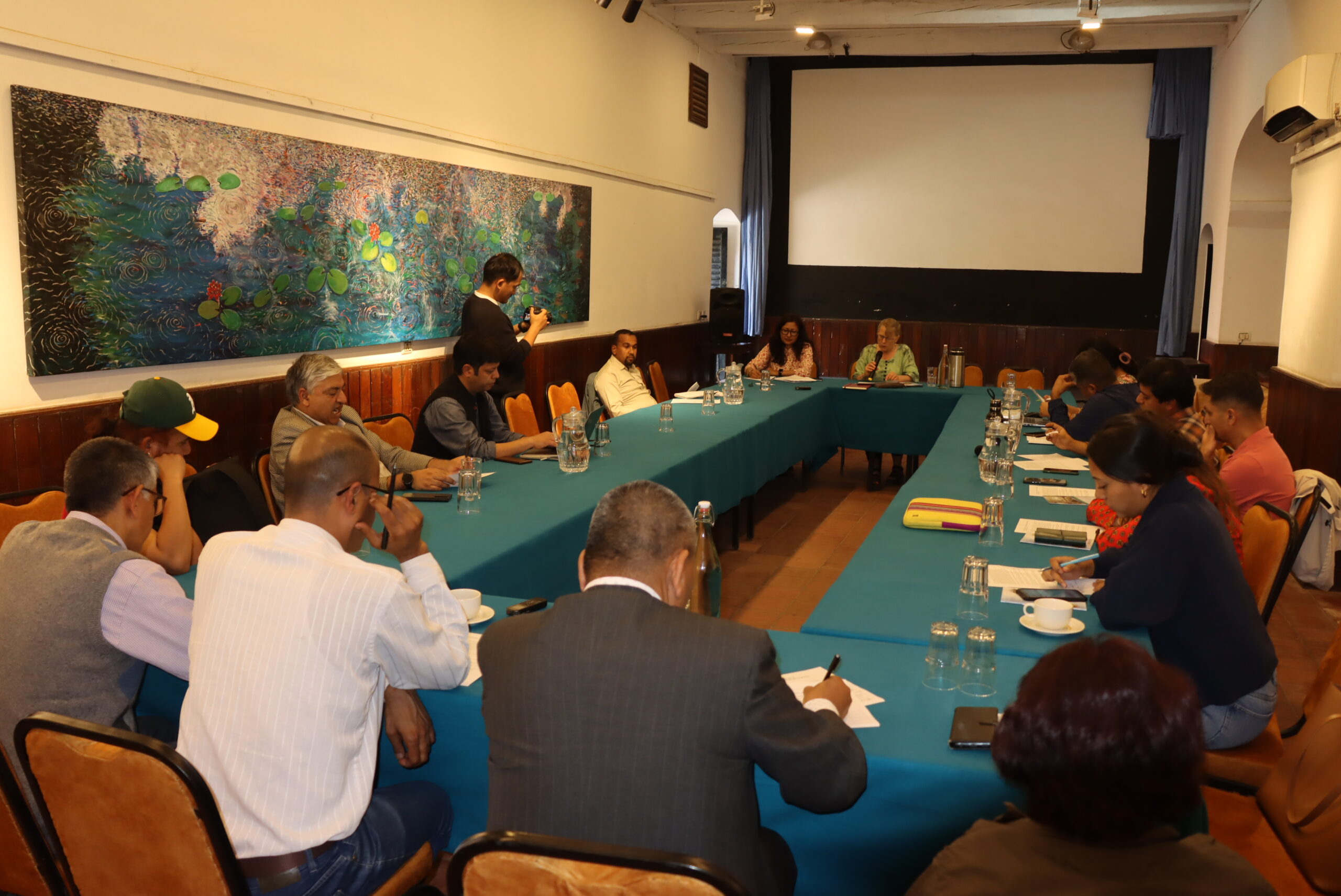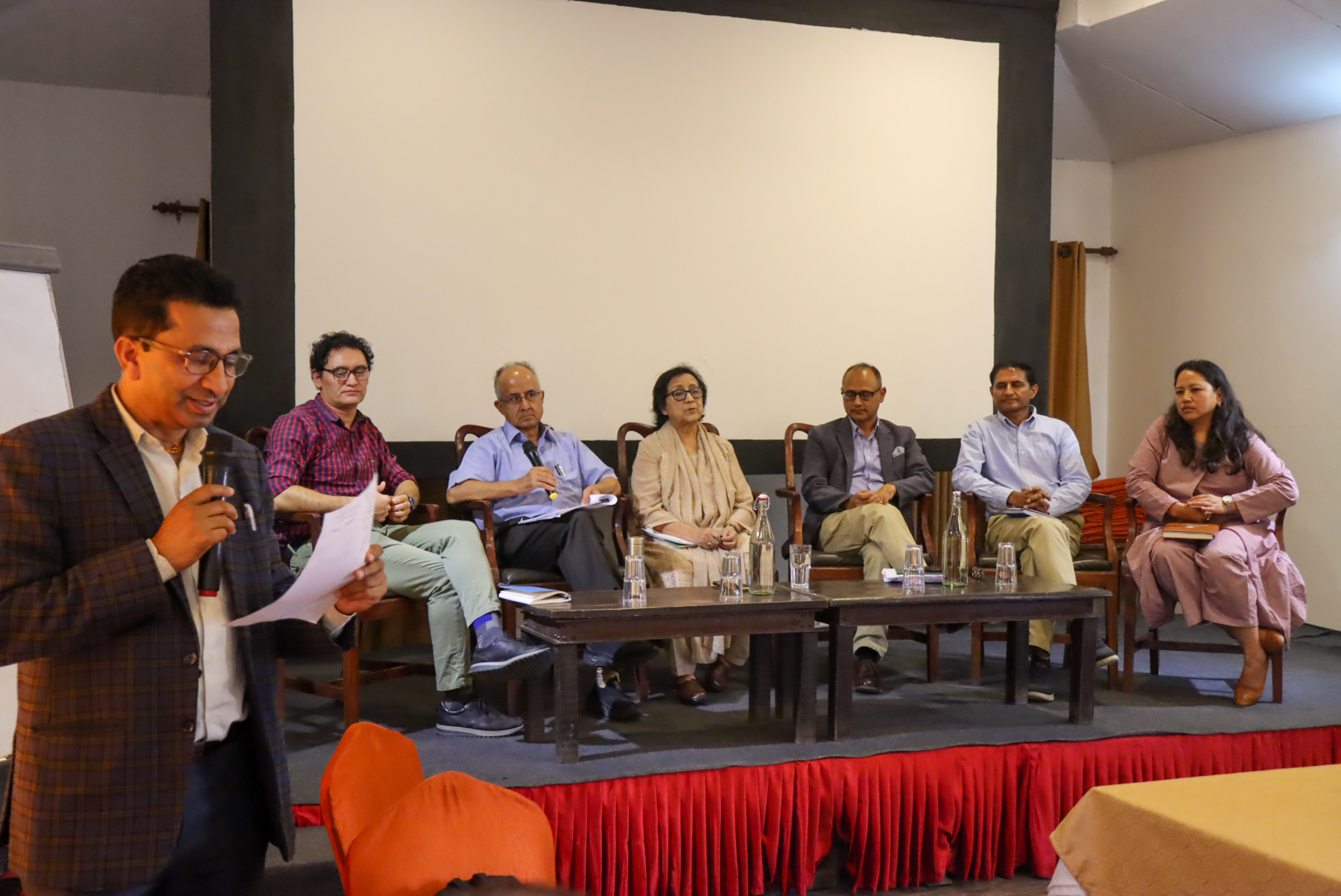Southasia Institute of Advanced Studies (SIAS) organised Future Himalayan Research Seminar Series on the topic “Partnerships with local communities for protected area management: an assessment of Buffer Zone in Nepal on November 29 2022. Dr. Neelam Chandra Poudel, Professor at the University of Tennessee’s School of Natural Resource in Knoxville, USA and a Fulbright Research Scholar, shared the preliminary findings from a recent assessment of the extent to which Nepal’s distinctive Buffer zone program has promoted conservation and contributed in improving the park-people relationship.
Dr. Poudel had a preliminary finding that the Buffer Zone program has made positive strides to meet the goals and has contributed to improving park-people relation. There was discussion on challenges and possible future strategies to improve the effectiveness of collaborative approaches like the Buffer zone program amid evolving political development. The challenges such as local government and jurisdiction issues, overlapping mandates, benefit-cost ratio shrinkage and continuous incentives to the community were also observed. There were also discussions to think more about the Buffer Zone and Palika interface, selling and marketing the program’s achievements and solving the representation/inclusion issues.
Seminar Overview
Park-people conflict is an enduring issue for biodiversity conservation around the world. The traditional “fences and fines” approach of park management fell short of securing cooperation from local communities that impact or are impacted by wildlife. Consensus exists to build partnerships with local communities but how to operationalize an effective collaboration to promote conservation remains an unanswered public policy question. This seminar will highlight the preliminary findings from a recent assessment of the extent to which Nepal’s distinctive Buffer zone program has promoted conservation and contributed in improving the park-people relationship. Challenges and possible future strategies to improve the effectiveness of collaborative approaches like the Buffer zone program amid evolving political development will also be discussed.




